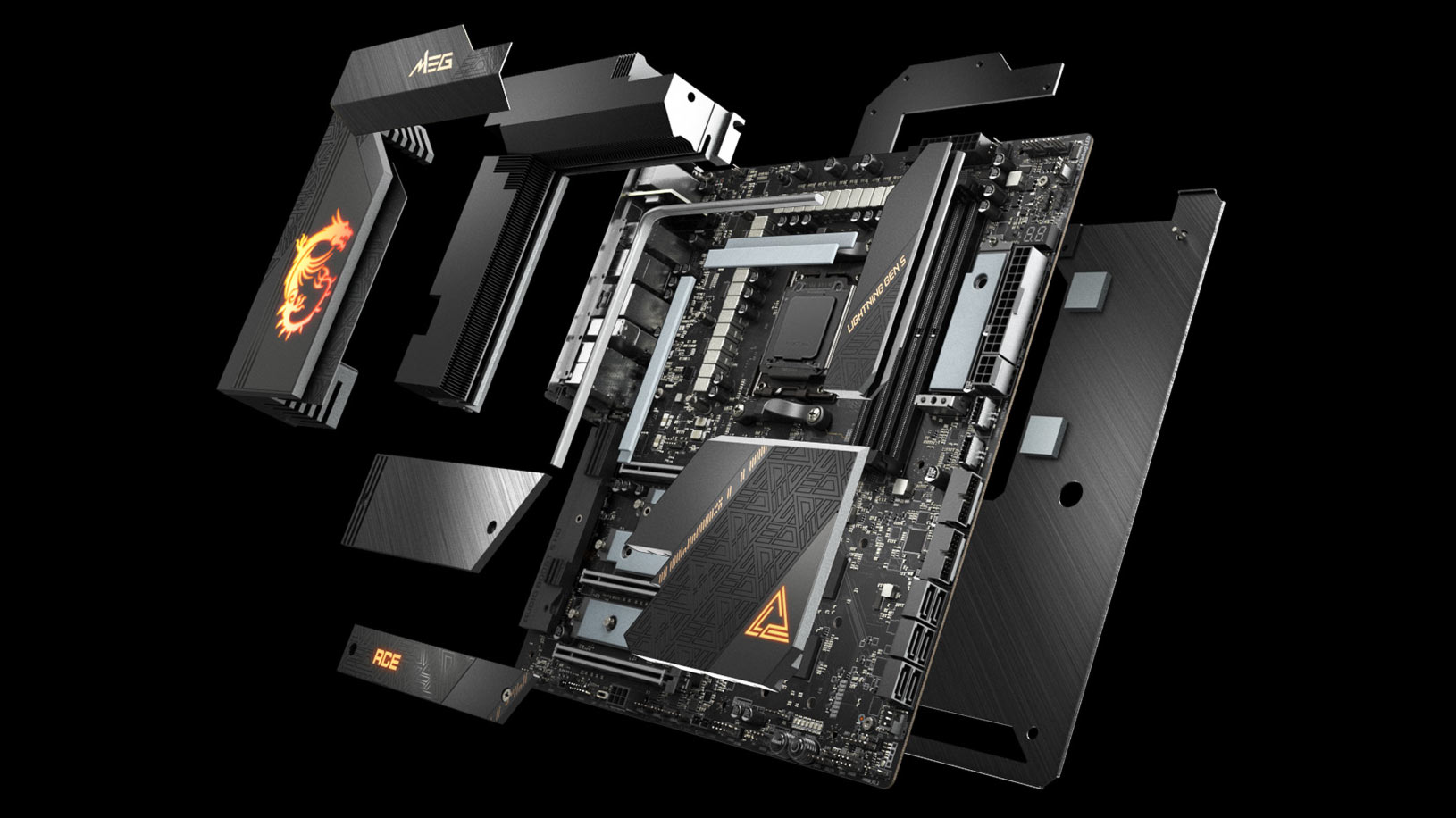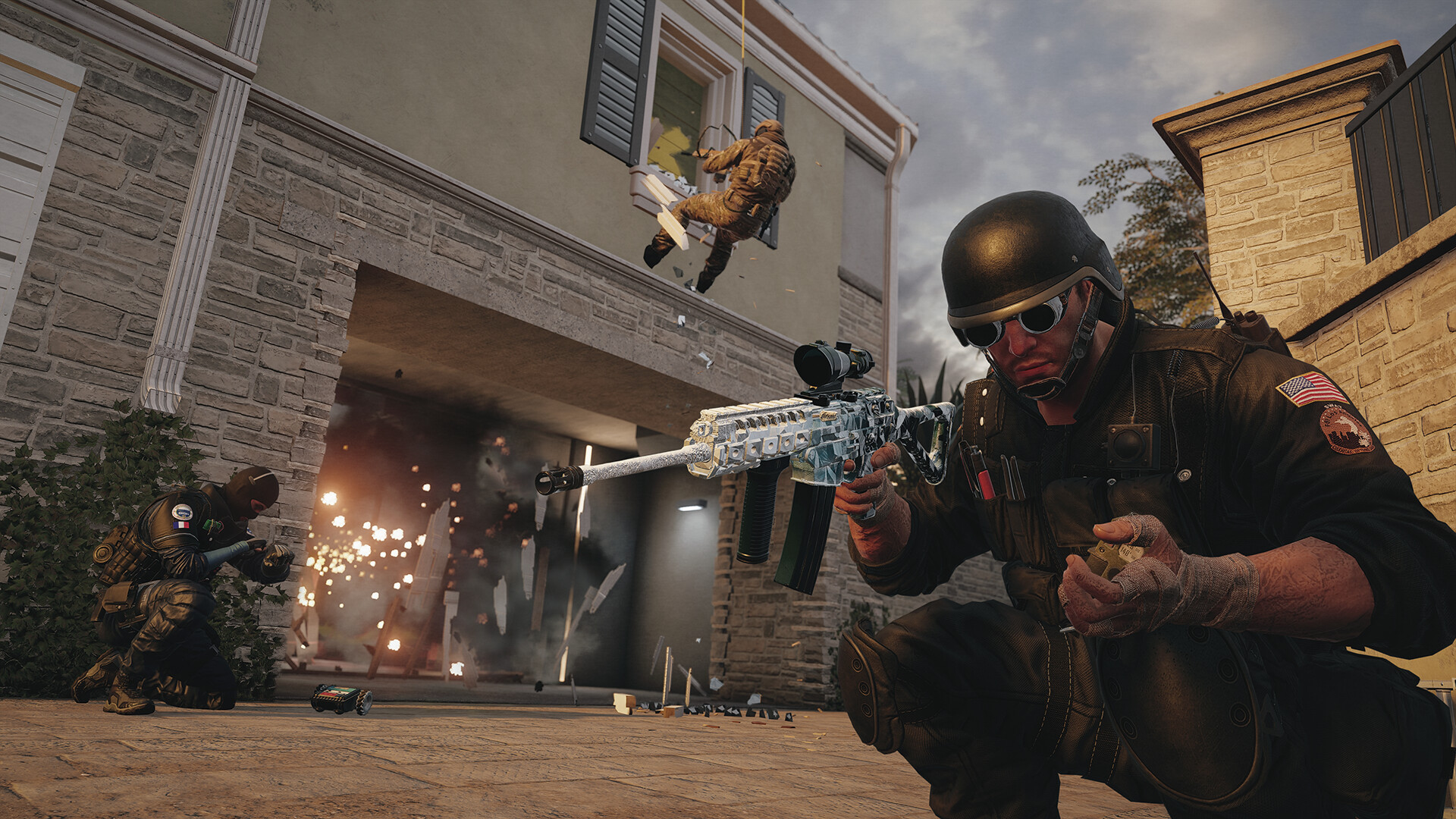
Earlier this month MSI started rolling out BIOS updates adding support for Intel's APO (Application Optimization) technology that's built into the Intel Extreme Tuning Utility (XTU). This was pointed out by @ghost_motley on X, but the news actually comes with a few caveats.
The biggest caveat is, of course, that Intel APO is only supported by 14th Gen Intel CPUs even though many of the impacted motherboards can also be used with previous-generation Intel CPUs. Considering how close 13th Gen and 14th Gen Intel processors are in raw performance and design, critics are already pointing out how this is a seemingly arbitrary feature to lock to 14th Gen purchasers.
Not even all 14th Gen Intel users get to enjoy the fruits of APO, though— at least not yet. MSI's rollout of Intel APO is currently restricted to the Intel Core i7-14700K, Core i7-14700KF, Core i9-14900K, and Core i9-14900KF. Since Intel APO is targeted at improving gaming performance in supported titles, the omission of Core i5 support is striking here and will hopefully be addressed in the future.
So, what makes Intel APO such a big deal? Well, the gaming performance gains offered by Intel APO can be pretty startling — up to a 31% performance increase, even. Performance gains of this magnitude can make Intel CPUs even better for gaming than the best Ryzen X3D CPUs, though many more games would have to support APO in order to make buying decisions based on its performance boons.

For now, Intel APO shows a great deal of promise but has very little support, even within its own intended target audience of 14th Gen Intel users. With any luck, 14th Gen Intel Core i5 users will eventually be able to enjoy the benefits of APO as well, but for now, MSI motherboard-owning Core i5 users are out of luck.
Additionally, Intel APO currently only supports Rainbow Six: Siege and Metro Exodus, which further reduces its (realistic) impact on the PC gaming market at large.







